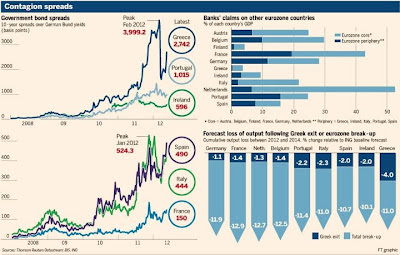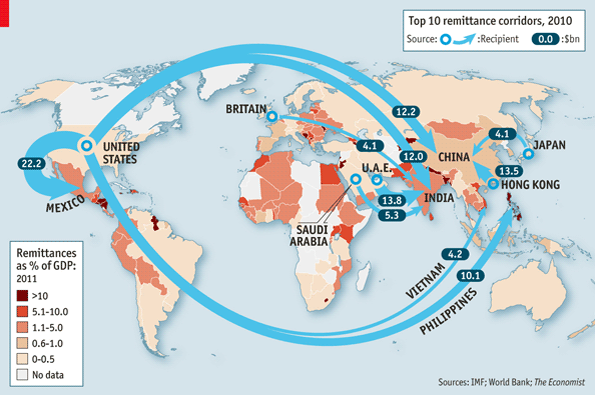Good hunches
As opposed to Samuelson’s faulty predictions of the Soviet Union overcoming the US in the late 1990s, another economist with a popular introductory economics textbook provides much better and more precise predictions. I recently read an article by Greg Mankiw from 2006 , written as a prelude to Paulson replacing Snow as the US Treasury Secretary. Mankiw issues a lot of warnings on the sustainability of the US budget back then. He emphasizes the importance of consolidating the public finances in the long run as a key challenge for Paulson. Even in 2006, where everything was going so well, it was obvious to Mankiw (and many others) that the demographic pressure was placing a huge challenge on the Social Security, Medicare and Medicaid systems. But somehow there was no credible pledge on either sides of the political spectrum to address this concern. This is the problem with short-termist politicians: if things are going good, don’t try to implement potentially painfu...






